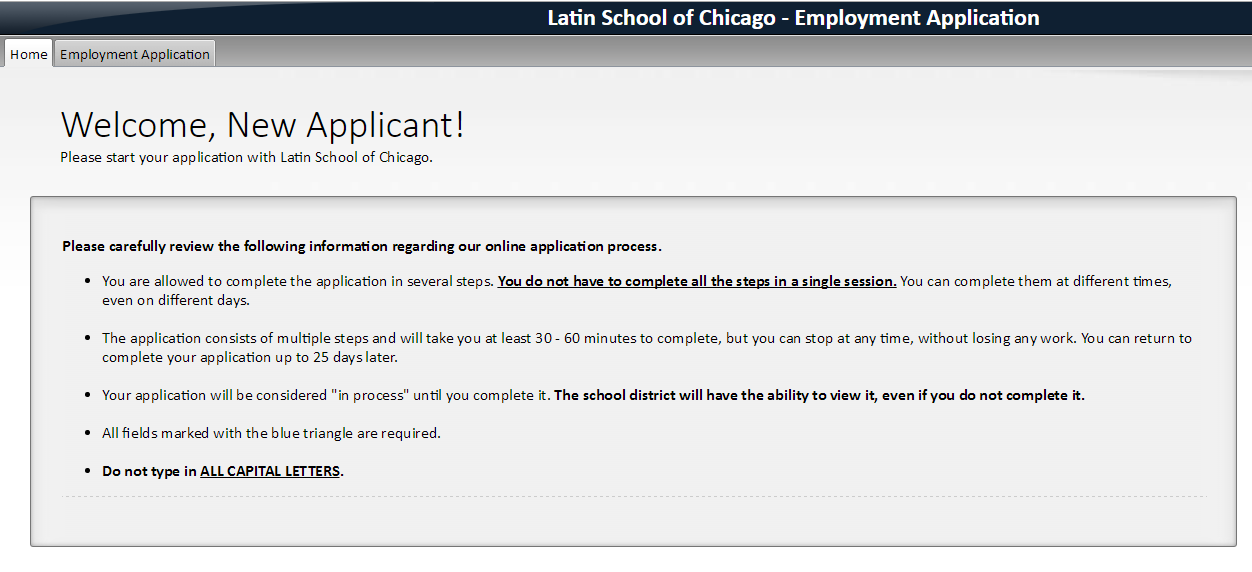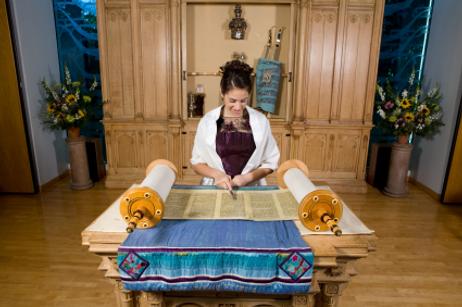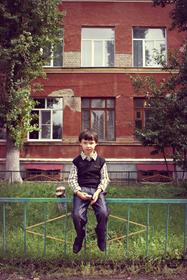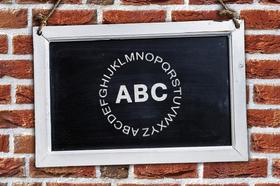This is a companion article to Schools for Gifted Children. There are a host of resources available to you on the Internet to help inform you about gifted children and how to educate them. As you sift through all this information, remember that your child is unique.
Because you are his parent, follow your own instincts about how to nurture and educate him. It is entirely possible that no one program or school setting will satisfy his needs and requirements. If you approach educating your gifted child as your responsibility and not somebody else's, then you will take ownership of your child's education. At that point, schools and enrichment programs are adjuncts to what you are providing.
Parenting a gifted child is an enormous responsibility. As the authors of Helping Gifted Children Soar state so succinctly: "Parenting a gifted child is like living in a theme park full of thrill rides..."
Organizations for Gifted Children
National Association For Gifted Children
"NAGC is the nation's leading organization focused on the needs of gifted and talented children. Dedicated to uplifting and empowering those who support children with advanced abilities, NAGC provides energizing professional learning, impactful research, and inspiring advocacy to ensure all children have equitable opportunities and support to develop their gifts and talents."
This umbrella organization offers a vast array of resources and information. If you are looking for enrichment programs for vacations and breaks in the school year, check out their Resources Directory.



























